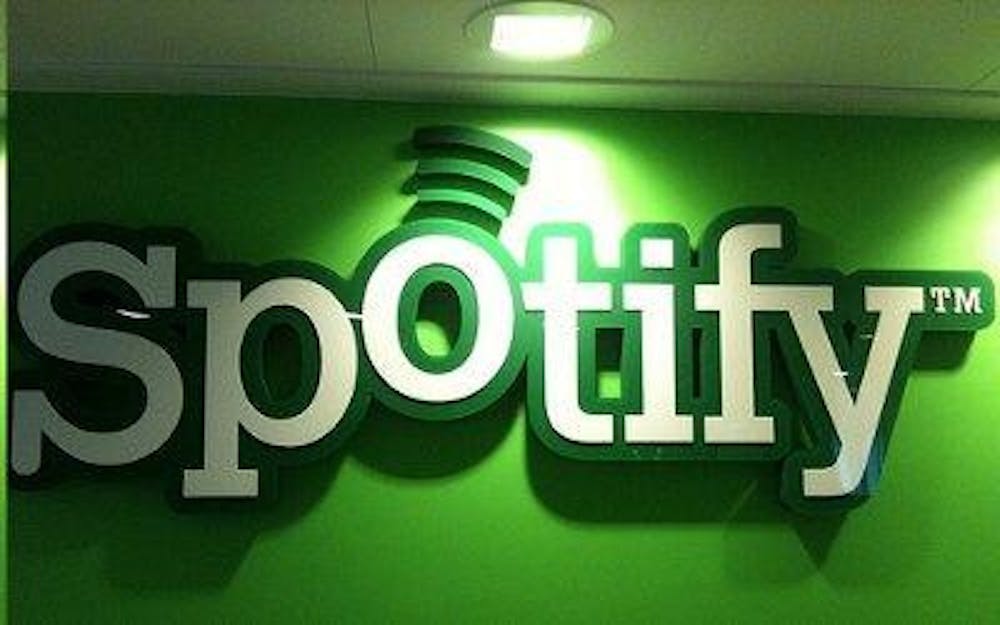Presumably, if you follow this space, you’re interested in discovering new music for yourself and not having it merely spoon-fed to you. If you were in the spoon-feeding business, you’d probably have an iPod full of Arcade Fire and Bon Iver, and that would be that.
Despite (or perhaps because of) this present landscape of Internet ubiquity, it can be difficult to know where to look for underground music, and more importantly, to be able to discern the good stuff from the crap, of which there is far more.
Thankfully, the Internet has also brought us infinite tools for doing just that kind of sifting. It’s also made actually hearing that music easier than ever — even without the aid of illegal piracy.
One of my favorite places to find new music is NPR Music’s First Listen. The excellent website hosts streams of a few massive releases (Tom Waits, Björk, Tori Amos) but is mostly populated by music that would forever go unheard by most of the people who visit the site if it weren’t posted there.
First Listen also features an enormous range of genres. In the past two weeks alone, I’ve used it to hear Hammers of Misfortune’s “17th Street,” a top contender for my personal year-end list and one of the best traditional metal albums of the last 10 years, and Lila Downs’ “Pecados Y Milagros,” a sprawling, Mexican culture-heavy masterwork by a staunchly traditionalist Mexican-American singer.
Few places aside from First Listen would let those two albums sit comfortably next to one another, but that’s what the folks at NPR have cultivated. With three to four new streams going up every week and plenty of great music writing and multimedia to accompany them, there are few better places to find new jams than npr.org/music.
Another excellent tool that has already begun to change the way music is consumed is Spotify. The free streaming service legitimately hosts a seemingly endless array of full albums. It also offers a wide range of ways to find music. Unlike the now-archaic Pandora, which forces you to build radio stations based on artists and songs you already like, or Grooveshark, which has always sucked horribly, Spotify lets you share your musical destiny with your friends or, if you like, the whole world.
If Facebook took the general college social experience online for the first time, then Spotify is doing the same thing for music. Five years ago, if you wanted your friend to listen to something, you’d either burn him a CD or, if you were really cutting-edge, put the mp3s on a thumb drive and have him transfer them to his computer.
Now, you need only make a public Spotify playlist, share it on Facebook or Twitter, and everyone in your network will be able to click on it and listen immediately. If you get tired of just listening to your friends’ recommendations (or if they have lousy taste), plenty of publications and musicians are lending professional credence to playlists of their own.
First Listen and Spotify are my two favorite music-finding tools, but don’t rule out the old guard methods of combing through music publications and the advertisements they sell.
There’s really no wrong way to stumble upon hidden gems.
Underground music's newest e-revolutions

Get stories like this in your inbox
Subscribe





